How to Filter Spam NFT Tokens
In the world of Non-Fungible Tokens (NFTs), spam has become a significant challenge. With the influx of NFTs, especially on high-throughput networks like Polygon and Solana, distinguishing valuable tokens from spam is crucial for a streamlined user experience. SimpleHash, an NFT data platform, has developed a robust solution to combat this issue. In this guide, we’ll delve into the intricacies of NFT spam and how developers can effectively filter them using SimpleHash’s tools.
Understanding NFT Spam
NFT spam typically involves the mass creation and distribution of low-value or utility NFTs, often in the form of airdrops. This practice not only clutters user interfaces but also poses security risks through malicious links in metadata or dangerous code embedded in media files. Identifying and filtering these spam NFTs is essential for maintaining the integrity and safety of NFT platforms.
SimpleHash’s Approach to Tackling Spam
SimpleHash, supporting major wallets and platforms in the crypto space, utilizes a sophisticated spam scoring system. The system assigns a score from 0 to 100 to each NFT collection, indicating the likelihood of being spam (100 being the highest probability). This scoring is dynamic, adjusting over time with user feedback and evolving models. NFT collection scores may change over the lifecycle of the collection too, as more signals are detected or occur (e.g., a collections listing or delisting, an update to the metadata, or the floor price, and so on). SimpleHash provides NFT spam scores on all the major chain ecosystems, including EVM-based chains, Solana, and Bitcoin Ordinals.
Key Features of SimpleHash Spam Scores
- Enhanced LLM Models: The upgraded spam detection system makes use of a finetuned LLM model, analyzing almost the entire NFT metadata body, along with OCR on the NFT media for image analysis and detection of spammy words in the content
- Multiple Input Signals: Factors like collection listings, active floor prices, marketplace status, NFT burns, metadata presence, and patterns in airdropped transactions contribute to the scoring of each collection, along with whether any malicious links are found in the body of tokens that make up the collection
- Customer Feedback: SimpleHash user reports on spam or false positives play a vital role in refining the scoring system, and influence the scores themselves
How Developers Can Utilize the SimpleHash Spam Scores to Filter Spam Tokens
- Get access to Spam Scores: Developers on a paid SimpleHash Enterprise plan can get access to the spam scores. Reach out via hello@simplehash.com for more information
- Start integrating spam scores into client-side applications: The spam scores themselves are available as a field in most SimpleHash NFT and Collection endpoints, can be utilized to filter out collections client-side. A recommended starting point is to treat collections with scores of 80 or higher as spam. The full collection model reference, including the spam_score, can be found here
- Decide on a UX: When using the spam scores, some developers choose to filter out those above the chosen threshold entirely. Others provide end-users the choice (in conjunction with a warning flag). Another common setup is to use a "hidden" folder, where tokens that are likely spam are sent (and can be shifted back to a main view if the end-user explicitly chooses to do so)
- Make custom adjustments: Developers should adjust the utilized spam score threshold based on their specific needs and observations
- Provide spam reports: Certain trusted partners can also contribute to the spam scoring system using the spam report endpoint (for false positives and false negatives). To gain access to this, message hello@simplehash.com for more information
The advantages of using SimpleHash's spam scores to filter spam NFTs
- Real-time spam detection: Continuously updated scores offer up-to-date spam filtering.
- Comprehensive modeling of spam: The spam scores utilize diverse data sources and signals, an accurate finetuned LLM, and user feedback for accurate scoring - all updated on an ongoing basis
- Easy integration: SimpleHash’s API facilitates seamless integration into existing systems, and is included in the regular response bodies (and bulk Kafka streams)
Filtering spam NFTs is pivotal for the health and usability of the NFT ecosystem. With SimpleHash's advanced tools and continuous innovation, developers have a powerful ally in this endeavor.


















